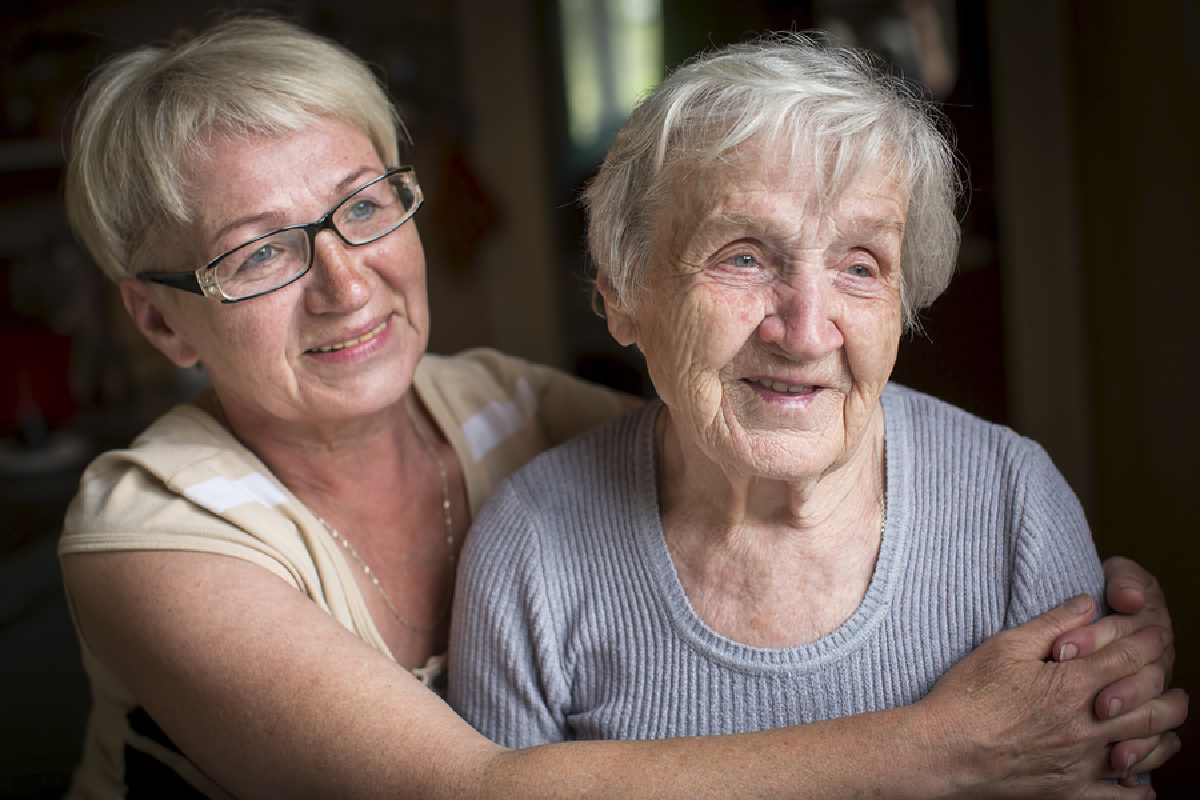Caregiver: Conversation between yourself and your loved ones with hearing impairment can be challenging.
Unfortunately, many seniors have some form of hearing disability. There are several different communication challenges that they may face as they grow older. While communicating with deaf and hard-of-hearing seniors can be challenging, it is not impossible. A caregiver can help you with this.

What Will Work When Communicating With A Deaf Elderly Person?
There are several things that you should keep in mind when communicating with a deaf or hard-of-hearing elderly. First of all, it is important to understand that there is no universal approach to communication with the elderly. This is because each individual has their own needs and wants. Therefore, a specific solution cannot be generalized to all. In addition, the solutions you choose must fit the particular situation, where applicable.
Here are some ways to better interact with a deaf elderly person.
Companion Care at Home
Companion care at home is provided to seniors in the comfort and security of their own homes. Companion care can include any number of services tailored to meet the unique needs of the elderly. In-home assistance provides companionship, transportation, housekeeping, and meals provided by a professional aide. The companion care agency is trained to help seniors who are deaf, and having these professionals around ensures easier communication with your elderly. The companion care at home caregivers will assist your elderly in their day-to-day communication and ensure you and your loved one have no communication barrier.
Tweak Your Communication Methods
To communicate with a deaf elderly person, it’s important to understand the different ways in which you are supposed to be communicating. When speaking to a hard-of-hearing senior, it’s important to use clear and audible language. You should also be precise in your delivery of words. For example, always use shorter words whenever possible and always emphasize the first word. By doing these things, you’ll be able to communicate effectively with your seniors who are deaf or hard of hearing.
Learn Some Basic Signing
Communicating with a deaf elderly person is not as difficult as it may seem. However, you will need to learn some basic signing and ensure you are positioned for the best communication possible. If you are communicating through a companion care interpreter at home, make sure they interpret everything correctly. If you are communicating directly with a deaf person, make sure you speak clearly and do not rush your words. If you are signing, make sure you sign slowly and clearly, so your message can be appropriately interpreted.
Caregiver: Conclusion
These are just a few tips that you can use when learning how to communicate with a deaf elderly person. Remember that they might not always understand your cues, so be patient and try not to rush through things. If they do want to speak, make sure you are listening carefully to what they are saying. Be patient with them. This will go a long way in making them feel comfortable and allowing you to understand them. With a caregiver at home, an elderly individual can have the comfort and security of knowing they have someone they can call on if they face communication difficulties.
Get in touch with us for more information on how our companion care at home services can assist your deaf senior!
If you or an aging loved-one is considering a Caregiver in Milpitas, CA, please contact the caring staff at Reachpoint Home Care & Resources Inc. today. (408) 692-4110
Sources:

